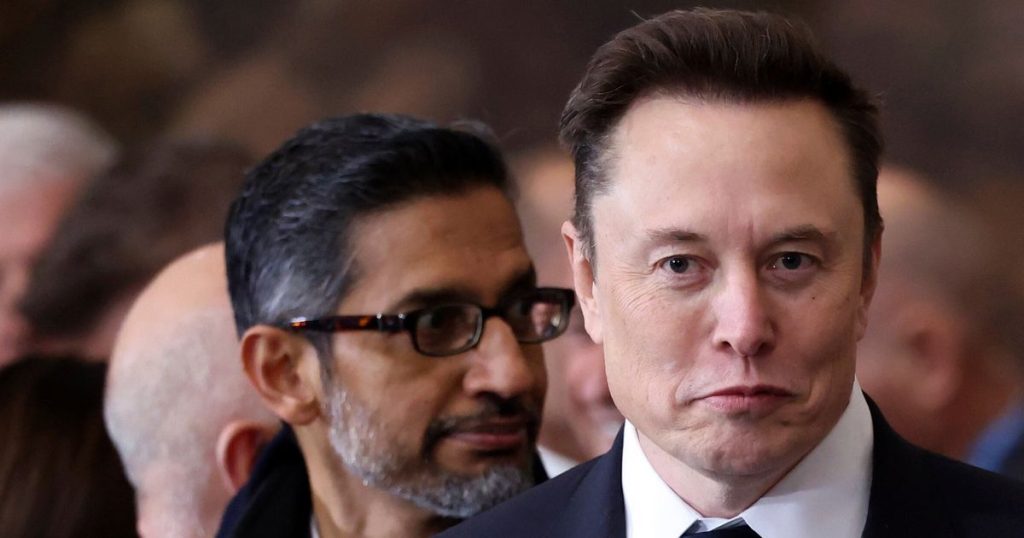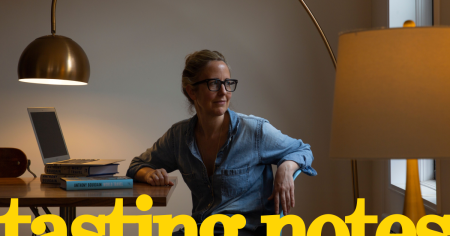In a dramatic turn of events, Elon Musk, along with a group of investors, recently made a staggering $97 billion offer to acquire OpenAI, the nonprofit organization behind the revolutionary artificial intelligence platform ChatGPT. This move has reignited a long-standing and contentious feud between Musk and OpenAI CEO Sam Altman. The two tech titans co-founded OpenAI in 2015 with the mission of developing AI technology for the benefit of humanity. However, Musk departed the company several years later, and since then, the pair has been engaged in a heated legal battle over control of the organization. The latest development in this saga came when Musk’s unsolicited bid was swiftly rejected by Altman, who responded with a terse “No thank you” on X, the social media platform formerly known as Twitter. Altman also added a taunting remark, suggesting that Musk should instead consider purchasing Twitter for $9.74 billion, a clear reference to Musk’s controversial acquisition of the platform in 2022 for $44 billion. Musk, never one to back down from a fight, fired back by labeling Altman a “swindler,” escalating the public spat between the two influential figures.
Musk’s offer to buy OpenAI marks the latest chapter in a complex and often contentious relationship between the two men. OpenAI, which began as a nonprofit, has grown into one of the most influential players in the AI industry, with its ChatGPT platform becoming a household name. Despite its success, OpenAI is currently in the process of transitioning into a for-profit entity, a move that has been met with both excitement and concern. The company is reportedly on track to become one of the most valuable organizations in the world, with recent valuations exceeding $157 billion. Additionally, OpenAI is nearing the completion of a massive fundraising round that includes a $40 billion investment from SoftBank, a deal that could propel its valuation closer to $300 billion. Musk’s offer, while significant, is a direct challenge to these plans and threatens to disrupt the company’s strategic direction. By making this move, Musk is once again asserting his influence in the tech world, while also raising questions about the future of AI development and the balance between profit and public benefit.
The structure of OpenAI is unique, with a nonprofit entity controlled by a board of directors overseeing its operations and for-profit activities. The ongoing restructuring effort seeks to spin off the nonprofit arm, which would receive compensation as part of the deal. This compensation would then be used to fund charitable initiatives aimed at advancing AI technology for the greater good. However, the nonprofit would no longer retain control over OpenAI’s business operations, allowing the new for-profit entity to focus on generating revenue and growth. Musk’s offer complicates this process, as it challenges the current leadership’s vision for the company’s future. Legal battles are already underway, with Musk’s lawyers arguing that the restructuring plan violates the original mission of OpenAI, which was established to prioritize ethical AI development over profit. Marc Toberoff, an attorney representing Musk, emphasized the importance of ensuring fair compensation for the nonprofit, stating that the organization’s leadership must be held accountable for the decisions they make regarding control of such transformative technology.
The animosity between Musk and Altman has been a subject of interest in the tech community for years. While the two were once aligned in their vision for OpenAI, their relationship deteriorated over time, leading to Musk’s departure and subsequent legal disputes. Musk has been vocal about his dissatisfaction with the direction of the company under Altman’s leadership, particularly as it moves toward becoming a for-profit entity. Musk’s own ventures in AI, such as his company xAI, have further fueled the rivalry, as he seeks to establish himself as a key player in the AI race. The public exchange on X, where the two men traded barbs, highlights the personal nature of their conflict and adds a layer of drama to the already high-stakes negotiations. Altman’s rejection of the offer and his sarcastic remark about purchasing Twitter suggest that he is confident in OpenAI’s current trajectory and unwilling to back down in the face of Musk’s challenges.
The financial implications of Musk’s offer are substantial, not only for OpenAI but also for the broader tech industry. At $97 billion, the bid represents a significant investment in AI technology and underscores the growing importance of this sector in shaping the future of business and society. OpenAI’s potential valuation of $300 billion, fueled by investments from major players like SoftBank, further reinforces its position as a leader in the AI space. However, the transition from a nonprofit to a for-profit model raises ethical questions about the balance between innovation and profitability. Critics argue that prioritizing profit could lead to decisions that compromise the ethical development of AI, a concern that aligns with Musk’s initial vision for OpenAI. As the company moves forward, these tensions will likely continue to play out, both in the courtroom and in the public eye.
In conclusion, the battle for control of OpenAI represents a pivotal moment in the evolution of artificial intelligence and the tech industry as a whole. The clash between Musk and Altman highlights the challenges of balancing profit and purpose in the development of transformative technology. As OpenAI navigates its transition to a for-profit entity, it must also contend with external pressures, legal challenges, and the scrutiny of the public and investors. The outcome of this saga will not only shape the future of OpenAI but also set a precedent for how AI companies prioritize their missions in the face of rapid growth and commercial success. The stakes are high, and the world will be watching as this drama unfolds.









